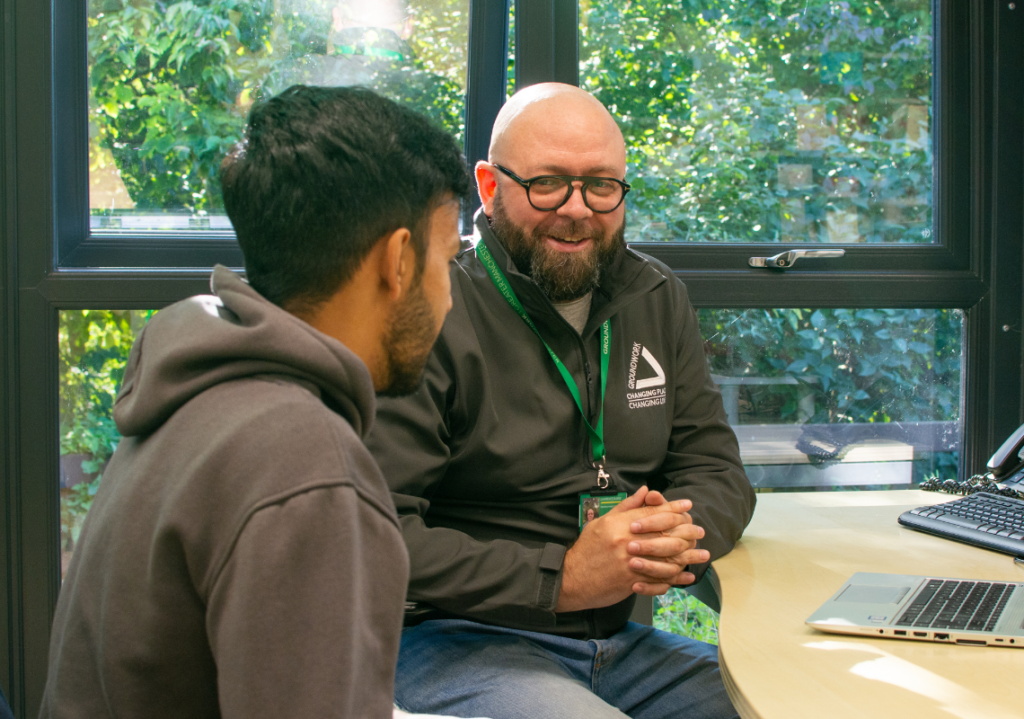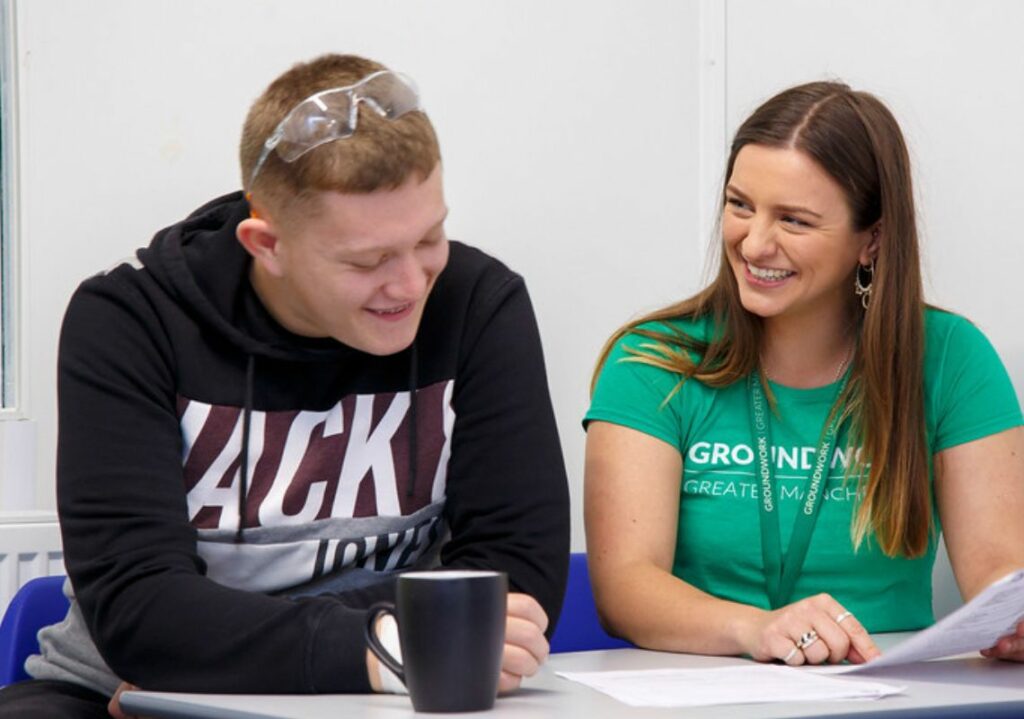BLOG: Understanding IPS – Individual Placement Support
Here at Groundwork Greater Manchester we deliver skills & training programmes that help people be better equipped to access jobs, improving their life chances & well-being as a result of being in a fulfilling career.
Several of these employment programmes take an IPS approach; Individual Placement Support.
This includes our Working Well programme which supports people who have disabilities or are struggling with their mental health, to secure work. The team also help this group of people if they are in work but struggling with their existing employer.
In this blog we speak to Gillian Smyth, IPS Manager at Groundwork, who explains what the IPS approach means and the benefits it has.
What does an IPS approach mean?
IPS stands for Individual Placement and Support. It is a person-centred approach to helping people into employment, meaning instead of fitting people into any available job without considering their preferences, IPS emphasizes placing individuals in roles that match their interests and then providing support as needed from there.
A key element of IPS is the rapid job search. This means that once a participants interests are known, our team will engage with relevant and suitable employers to source work opportunities, typically within one month of the programme.

What are the benefits of taking an IPS approach?
The IPS approach has shown to be twice as effective as traditional approaches due to it being a much more respectful and voluntary method of engaging people into work.
In addition, IPS does not affect benefits or penalize individuals for missing appointments – meaning from the start, participants are more likely to engage with the programme.
What does a typical IPS journey look like with Groundwork?
The process begins with a screening call to check that participants are eligible for the programme, if so the team typically arrange a start meeting within a week in a location where the participant will feel comfortable.
During this initial phase, the team ask a number of questions to understand the individual’s needs, strengths, and weaknesses and develop an action plan to outline the individuals goals and next steps.
During this meeting, the team will also discuss any non-employment related work barriers, such as housing challenges or debt concerns. Where these exist, participants are signpost to partner organisations who can provide further support.
Our team also conduct a Better Off Calculation with all participants. This helps demonstrates a minimum threshold for hours and wages to replace the benefits they receive currently as well as highlighting which benefits will continue and flagging any benefits that may not be currently received.
In the following weeks, a vocational profile is developed and our team support the participant to update their CV.
By week four, participants are typically applying for jobs, or on their way towards this.
Once work is secured, our team continues to provide in-work support for the next 6 months.

What approach do you take when working with employers?
Once we know what careers our participants want to work in we approach employers in their local area, explaining we can provide free recruitment services and on-going in-work support if the participant is recruited to the role.
